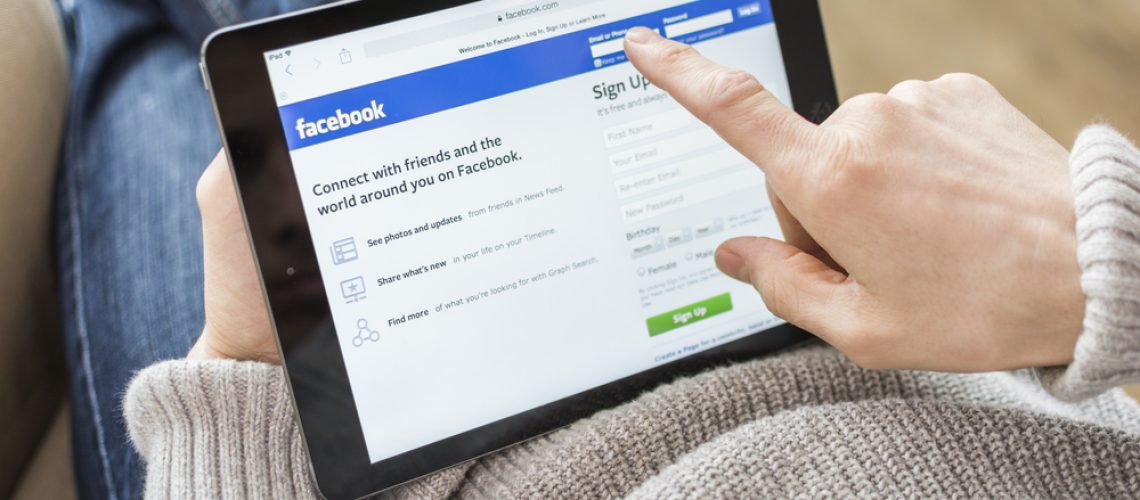(Reuters) — the organizing committee of a Facebook Inc (FB.O) advertisement boycott movement which has attracted help from a steadily growing list of big corporations is now planning to step up the global fight to raise leverage on the social networking company to eliminate hate speech.
The “Stop Hate for Profit” movement will continue calling for big businesses in Europe to support the boycott, said Jim Steyer, Common Sense Media’s chief executive, in a Saturday interview with Reuters. More than 160 firms, like Verizon Wireless (VZ.N) and Unilever Plc (ULVR.L), have signed up to avoid purchasing advertising on the world’s most important social the networking site for July, after the initiative, began earlier this month.
Due to the death of George Floyd, an unarmed Black man killed by Minneapolis police, Free Press as well as Common Sense, along with U.S. civil rights groups Color of Change and the Anti-Defamation League conducted a campaign.
“The next phase is a global competition,” said Steyer, noting the movement aims to encourage Eu authorities to pursue a stronger position on Facebook. In June, the European Commission published revised rules for tech companies like Facebook to request regular updates about how they treat disinformation about coronavirus.
The anger in the U.S. over Floyd ‘s demise has resulted in an unprecedented response from companies all over the world. Its impact was felt outside of U.S. borders. For starters, Unilever modified the name of a famous Indian skin-lightening soap, named Fair and Lovely.
The global movement will expand as leaders seek to encourage more U.S. companies to step in. Jessica Gonzalez, Free Press’ co-head, said she called large U.S. telephone and broadcasting firms to invite them to support the movement.
Facebook admitted on Sunday that it has much research to do and is partnering with human rights organizations and academics to build additional resources to combat hate speech, leading to calls for further intervention. Facebook said its artificial intelligence investments had helped it to detect 90 per cent of hate speech before users notice it.
Expanding the campaign beyond the U.S. would take a larger slice off the advertisement income from Facebook but is not expected to have a significant financial effect. Of starters, Unilever agreed to pause its U.S. investment on Facebook for the rest of the year on Friday. According to Richard Greenfield of LightShed Partners, a media and tech research company, that accounts for only about 10 per cent of its estimated total of $250 million annually spent on Facebook ads.
Steyer said that they would strongly encourage global advertisers like Unilever and Honda to pull their Facebook ads worldwide, which have only committed to pausing U.S. ads.
Facebook raises $70 billion globally in the advertisement revenues, and only a fifth of that is from big enterprises like Unilever and the overwhelming majority of its small business income.
Yet its reputation and stock have been affected by the controversy surrounding its hate speech policies. Facebook’s 8.3 per cent fall in share price on Friday washed away market capitalization at $56 billion.
The renewed push to encourage more companies outside The U.S. to take part displays the sense of frustration started to feel by social justice groups and also the groups that support them over the failure to act on misleading information and hate speech on Facebook, Steyer said.
He and Gonzalez said Friday’s attempts by Facebook to implement new legislation to restrict politicians’ advertising and mark hate speech to satisfy boycotters falls short of requests by the movement.
“Depending on Friday, whether they think they ‘re finished they ‘re unfortunately misled,” Gonzalez said. “The policy is not one-off now and then. They need an inclusive approach.
Stop Hate for Profit has highlighted a list of demands, including a completely separate moderation the process to enable readers who are meant to target by race and other signifiers, greater transparency on how many hate speech occurrences are reported, and to stop producing ad revenue from inappropriate content.
In fact, Facebook has not addressed requests that it compensate businesses whose advertisements are posted adjacent to material that is then deleted for policy breaches, said Ian Oregon, chief executive of AdComplyRx, an advertisement software firm that has supported the boycott to help pharmaceutical manufacturers to manage their online advertising.
The boycott has gone up to cover other internet media outlets, including Facebook. Starbucks said Sunday while partnering alongside human rights groups to “block the propagation of hate speech,” it will suspend ads on all social networking sites.

